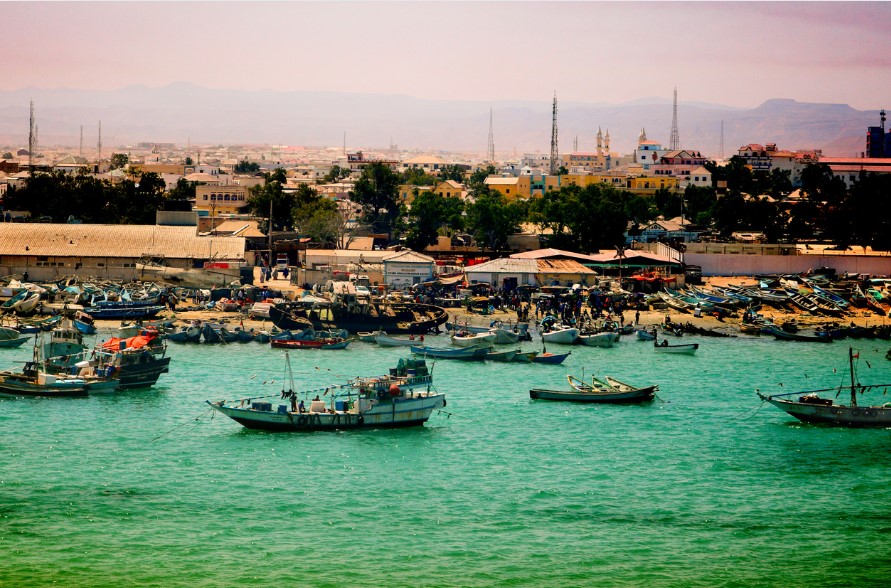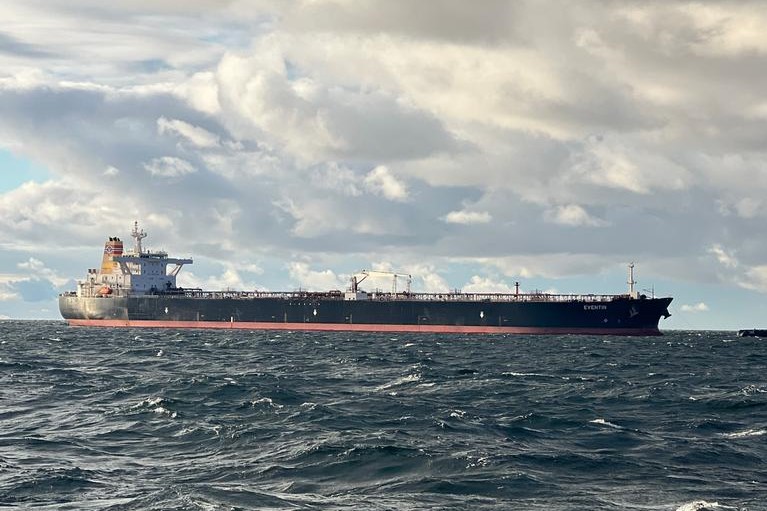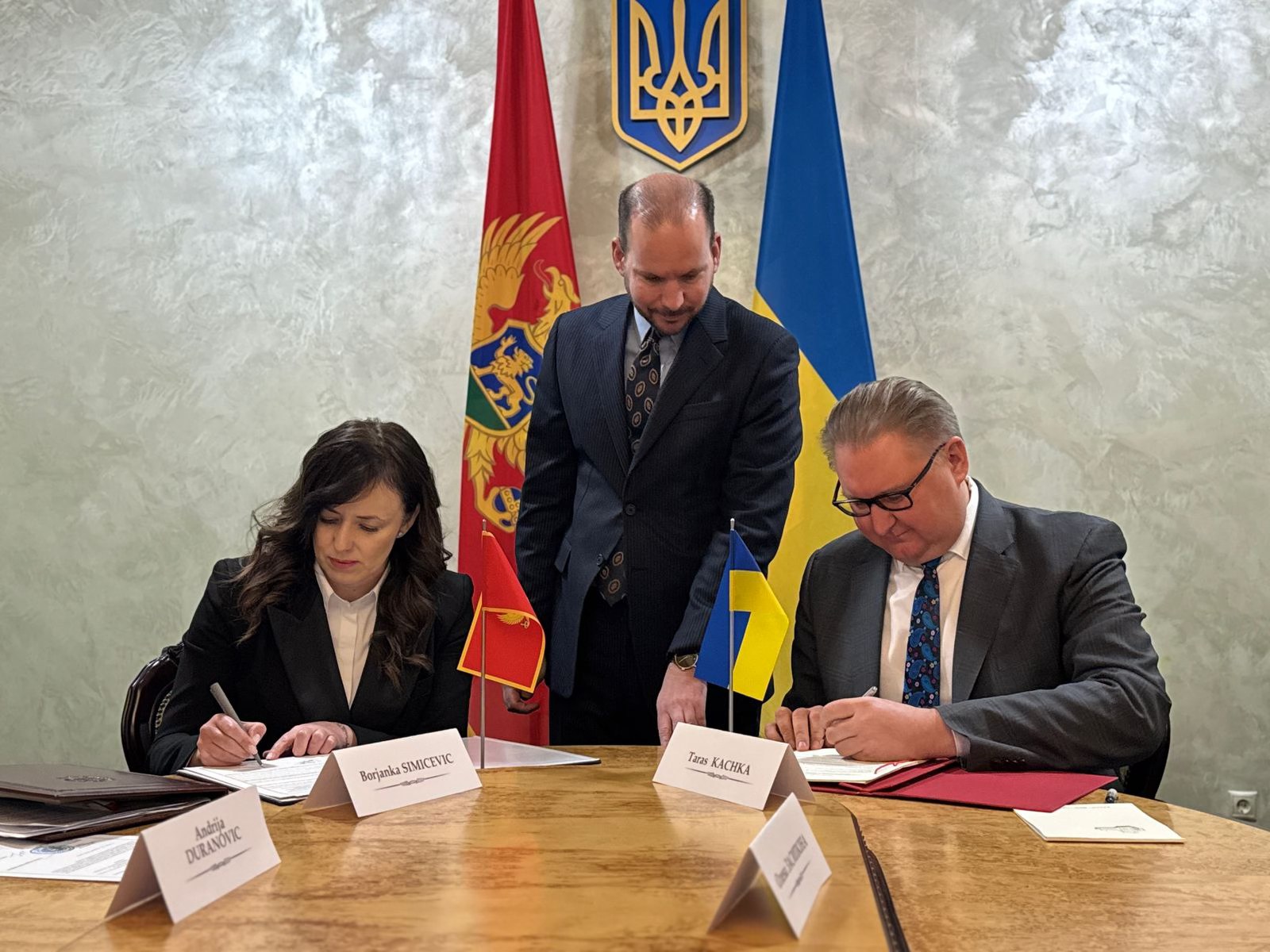By Iliya Kusa
Turkish President Recep Tayyip Erdoğan has submitted a proposal to the parliament for the deployment of Turkish Navy forces in Somalia's territorial waters, following a preliminary agreement with the Somali government. This is not the first agreement between Ankara and Mogadishu.
The deployment of Turkish troops to Somalia is aimed at protecting their investments in exploration and drilling on the Somali shelf, which was agreed upon earlier this month during a visit to Mogadishu by Energy Minister Alparslan Bayraktar. Turkish naval vessels will protect the geological survey ships of the Turkish state oil and gas corporation TPAO, which are set to begin operations there.
Overall, Turkey's expansion into Somalia pursues several objectives:
• Access to Natural Resources: Gaining access to resources in the Red Sea and profiting from it. Turkish companies are helping Somalia extract resources from the shelf and receive 30% of the revenue from the exclusive economic zone, along with favorable opportunities to invest in local oil and gas sectors.
• Military Presence and Regional Influence: Converting military presence into reputational gains in the fight for regional leadership, securing access to the Red Sea amid its militarization by regional countries, and controlling maritime logistics in the Horn of Africa.
• Counterbalance to UAE Influence: Creating a military-political counterweight to the UAE, which supports Ethiopia, which recently signed a cooperation agreement with the unrecognized Somaliland government.
• Supporting Somali Government: Assisting the Somali government in addressing security issues (piracy, terrorism, illegal fishing), thereby enhancing Turkey's image as a regional superpower capable of "handling matters" and being a protector of other states.
_1721629296.jpg/toBgv12xeH7kP7sYQaBn5G1YsqtCkHMmjJHsGgKs.jpg)
This Turkish expansion in Somalia is not a new trend. Turkey has been steadily increasing its influence and presence in Somalia since 2011, initially through humanitarian projects delivering food during the famine in Mogadishu and later scaling up its activities over the next decade, investing $1 billion in humanitarian aid.
This effort has borne fruit. Turkish companies have expanded their presence in Somalia, gained control over Mogadishu’s international airport and port, established a mission to train Somali naval forces, built a military base, and now have military and economic access to the Somali coast with a mandate to combat pirates, separatists, terrorists, and essentially anyone.
If Turkey can reduce the threat from pirates and various bandits along Somalia’s long coastline, it will become an important guarantor of security in areas where international oil and gas companies have long wanted to return and expand their operations on the shelf.
Turkey previously signed a similar agreement with Djibouti, where it now also has a military presence and is training local naval forces, aligning with the strategy of gaining footholds in the Horn of Africa, a crucial hub for global logistics.
From the perspective of Somali authorities, they could not refuse Ankara, nor did they want to. The relationship is asymmetrical, and Somalia hopes that Turkey's presence will give them control over the coastline, thereby strengthening the position of the official government in Mogadishu against regions such as Puntland, Somaliland, and Jubaland.





















